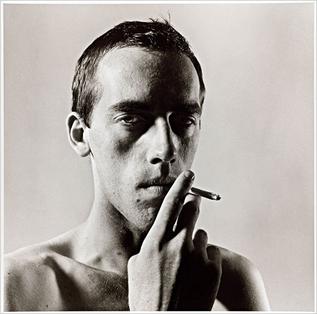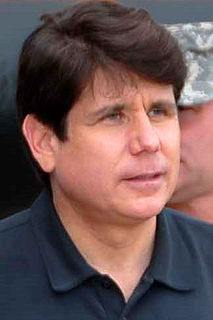A Quote by Mao Zedong
Classes struggle, some classes triumph, others are eliminated. Such is history; such is the history of civilization for thousands of years.
Related Quotes
There is a close connection between socio-political development, the struggle between social classes and the history of ideologies. In general, intellectual movements closely reflect the trends of economic developments. In communal society, where there are virtually no class divisions, man's productive activities on outlook and culture is less discernible. Account must be taken of the psychology of conflicting classes.
I was a journalism major, and I would take creative writing classes as part of that, but I would also look for opportunities to write stories for some of my other classes. So for my course in Scandinavian history, I asked if I could write historical fiction instead of term papers. Sometimes they’d say yes.
In the middle of my second year at school, in 1943, I got drafted into the army, was gone for three years, and when I came back, I tried to get into the painting classes which I wanted, but because of all the returned GIs [the GI Bill], everyone was in school and the classes were all full. So I looked at the catalogue and found that there was a ceramic class offered and that there was space in that. I registered for a ceramic class and some drawing classes.









































